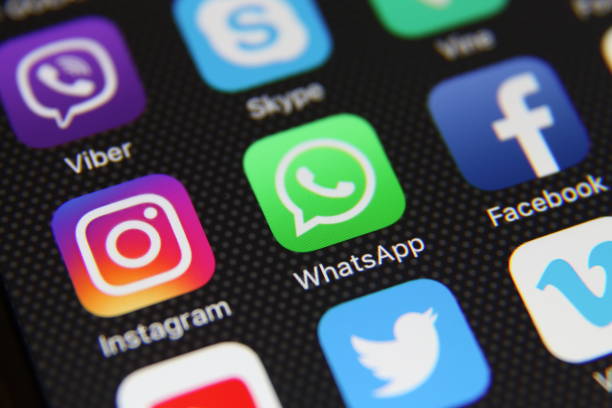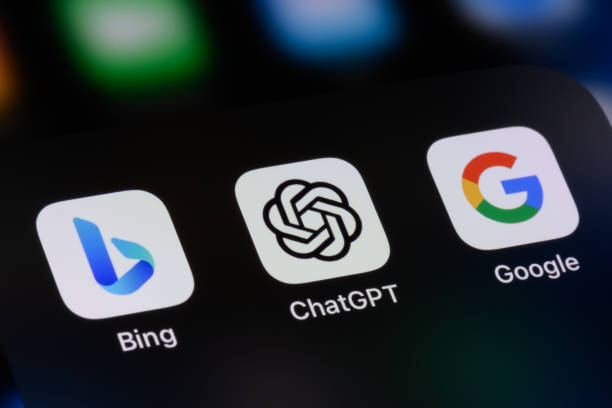Therapists, psychologists, and counseling practices need more than just word-of-mouth referrals to grow. They need a tailored marketing strategy that understands both the sensitivity of mental health and the competitiveness of the digital space. That’s where a specialized mental health marketing agency steps in.
This article breaks down the top 10 services every mental health marketing agency should offer to ensure sustainable growth, stronger client relationships, and a HIPAA-compliant digital presence for therapy practices.
1. HIPAA-Compliant Website Design and Development
A mental health website is often the first point of contact for potential clients. Beyond aesthetics, it must prioritize compliance, security, and accessibility.
Key features include:
- Mobile-responsive design
- SSL encryption and HIPAA-compliant forms
- Intuitive navigation for client scheduling and inquiries
Agencies must ensure websites meet both clinical standards and conversion goals. For an in-depth look, see how to build a HIPAA-compliant therapist website .
2. Search Engine Optimization (SEO)
Being visible on Google is crucial. Effective SEO strategies help practices reach clients actively searching for therapy services.
Essential components include:
- On-page SEO with keyword optimization
- Local SEO for “near me” searches
- Voice search optimization for natural queries
Learn why SEO is crucial for therapists and how it fuels practice growth.
3. Content Marketing and Blogging
Educational, trustworthy content builds credibility and attracts organic traffic. Blogs can cover therapy techniques, mental health tips, or FAQs, positioning the practice as an authority.
Agencies should provide:
- Regular keyword-optimized blog posts
- Case studies and success stories
- Resource libraries for potential clients
Explore why blogging is still worth it for therapists .
4. Social Media Marketing
Social platforms are powerful tools for awareness and client engagement. For mental health, sensitivity in messaging is key.
A strong social media strategy includes:
- Educational posts that reduce stigma
- Short-form video for relatable outreach
- Paid ads to target local audiences
See the role of social media marketing for therapists in building stronger client connections.
5. Pay-Per-Click (PPC) Advertising
For practices needing immediate visibility, PPC campaigns on Google or social platforms deliver results. Unlike general advertising, mental health campaigns must comply with strict ad policies.
An effective PPC service includes:
- Keyword targeting with therapy-related searches
- Geo-targeted campaigns for local reach
- Continuous monitoring for ROI optimization
Learn more about PPC campaigns that convert for therapists .
6. Email Marketing and Client Retention Campaigns
Email remains one of the best ways to build long-term client relationships. For mental health professionals, it’s not about aggressive selling but nurturing trust.
Agencies should provide:
- Monthly newsletters with wellness content
- Automated appointment reminders
- Re-engagement campaigns for past clients
Check out best practices in email marketing for mental health professionals .
7. Online Reputation Management
A practice’s reputation can make or break its ability to attract clients. Agencies should actively monitor and enhance online reviews while maintaining client confidentiality.
This includes:
- Encouraging ethical review collection
- Responding to negative reviews professionally
- Managing Google Business Profile presence
Read about the importance of online reputation management in mental health .
8. Teletherapy Marketing Solutions
With telehealth here to stay, agencies must help practices showcase virtual therapy services effectively.
Core elements include:
- Optimized landing pages for teletherapy services
- Video marketing to explain online counseling
- SEO tailored to telehealth keywords
See how to market teletherapy services and attract clients .
9. Analytics and Performance Tracking
Without data, agencies can’t refine strategies. Regular analytics reports allow practices to see what’s working and what’s not.
Services include:
- Website traffic insights
- Conversion rate tracking
- Keyword ranking reports
These help therapists make data-backed decisions to grow their practice sustainably.
10. Specialized IT and Digital Tools Integration
Marketing cannot function in isolation—it must connect with practice management. Agencies should integrate tools like:
- EHR/EMR systems
- Secure scheduling platforms
- HIPAA-compliant patient portals
Explore how secure patient portals benefit group practices for a practical example.
Conclusion
A top-tier mental health marketing agency offers more than promotion—it builds a trustworthy digital ecosystem where therapists can focus on care while technology and marketing drive growth. From HIPAA-compliant websites to SEO, teletherapy campaigns, and integrated IT tools, each service contributes to practice success.
If you’re ready to partner with experts who understand both mental health and digital transformation, explore how Mental Health IT Solutions can empower your practice to grow with confidence.







